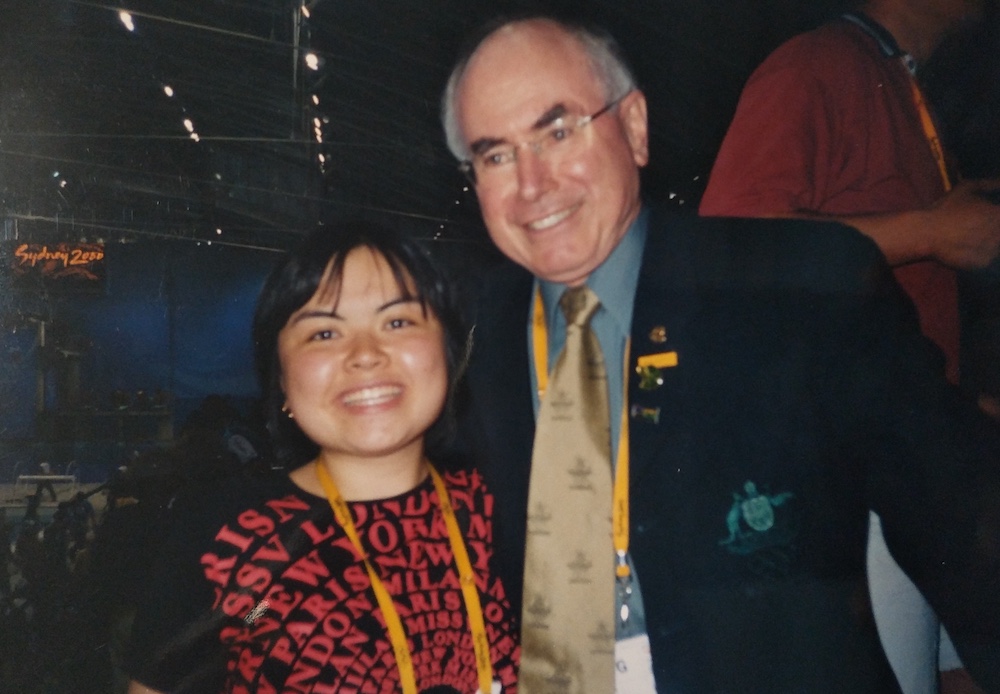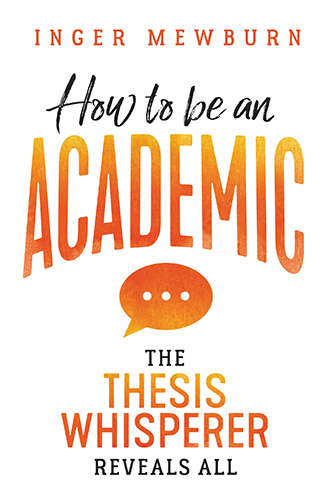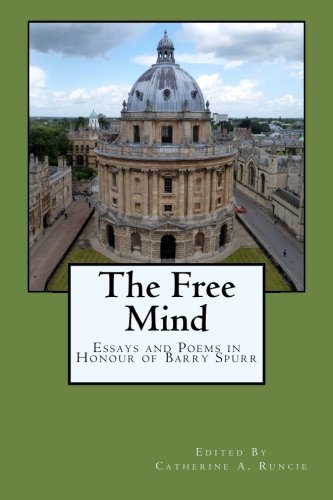The university
Weaponising Learning
The quality and the democratic nature of a humanities education are both important: students must all be taught well, and they all must be taught equally well. But of the two, democracy matters more. The humanities are, by definition, interpretative ventures intrinsically concerned with the analysis and description of the human world, in which disciplinary mastery is largely a matter of expert judgement, not objective measurement. In this kind of undertaking, students’ collective intellectual growth is the ultimate rationale of teaching.
A Private Life: Philip Waldron
If you google Philip Waldron, you will not find him. For a man whose career spanned decades in university teaching, in an environment in which academics were told to publish or perish, his research output, as publications are sometimes termed, was almost nonexistent. His passion for literature was articulated on the unfashionable humanist end of the critical spectrum, and he felt only impatience for literary theory. He never bothered to do a PhD, and was one of the last lecturers qualified by MA only in the Department of English at the University of Adelaide. He sounds like a misfit in the modern university, and in many ways he was.
Higher Education
In his excellent book The Great University Gamble: Money, Markets and the Future of Higher Education, UK scholar Andrew McGettigan gives one of the best analyses of market-driven approaches to university reform that I have seen. McGettigan shows how education has moved from being a public good to an ‘individual financial investment’, one that – in the end – will not only be detrimental to economic interests but also to students, society and democracy at large.
Universities and the Block
Pyne is attempting to divert the function and aims of knowledge in our society. His policy clinches and fully institutionalises the worldview that understands education entirely as a private good. The public benefits of major scientific discovery, rigorous social diagnosis, and cultural imagination will henceforth be the generous efflorescence of private ambition.


